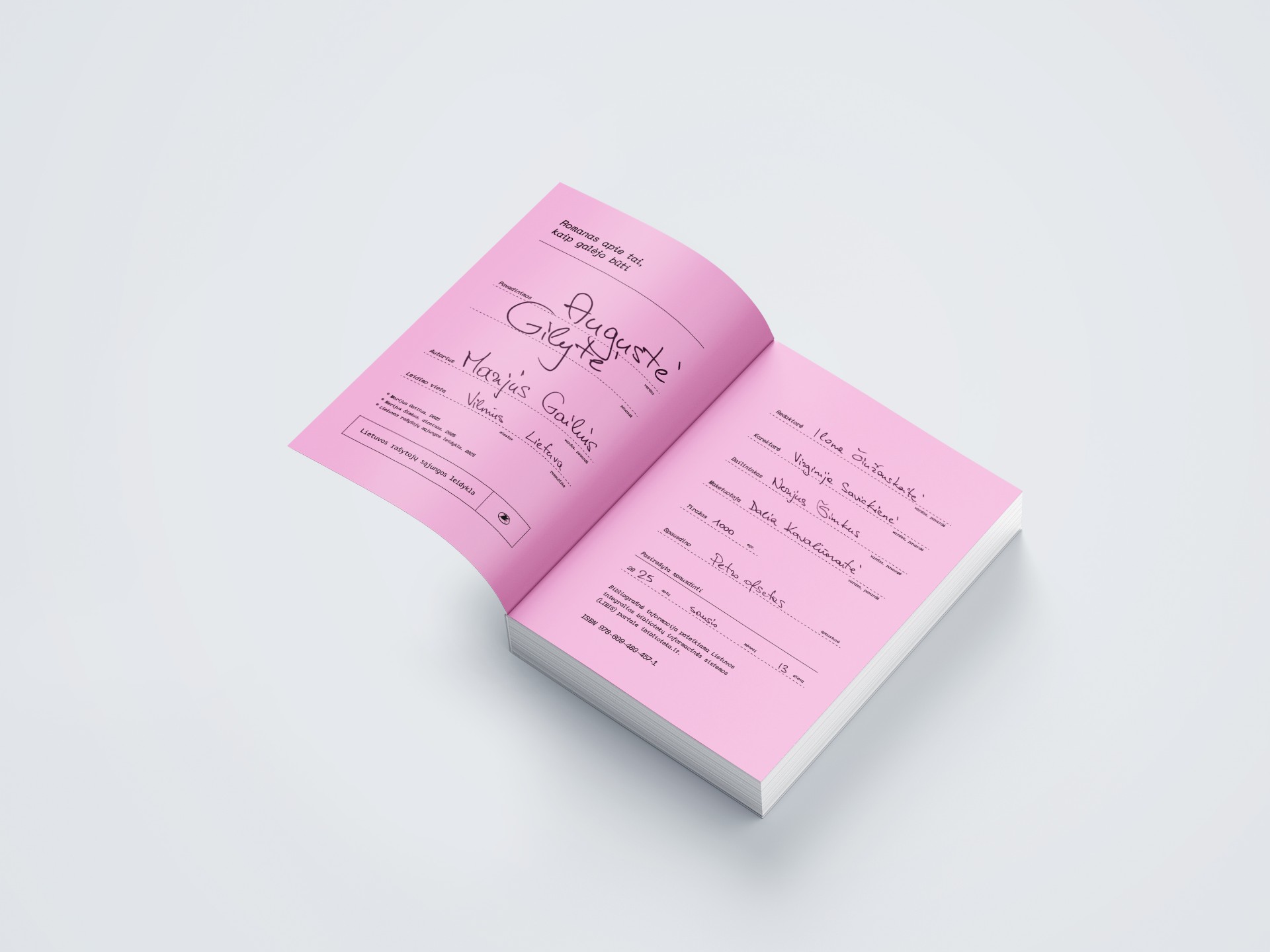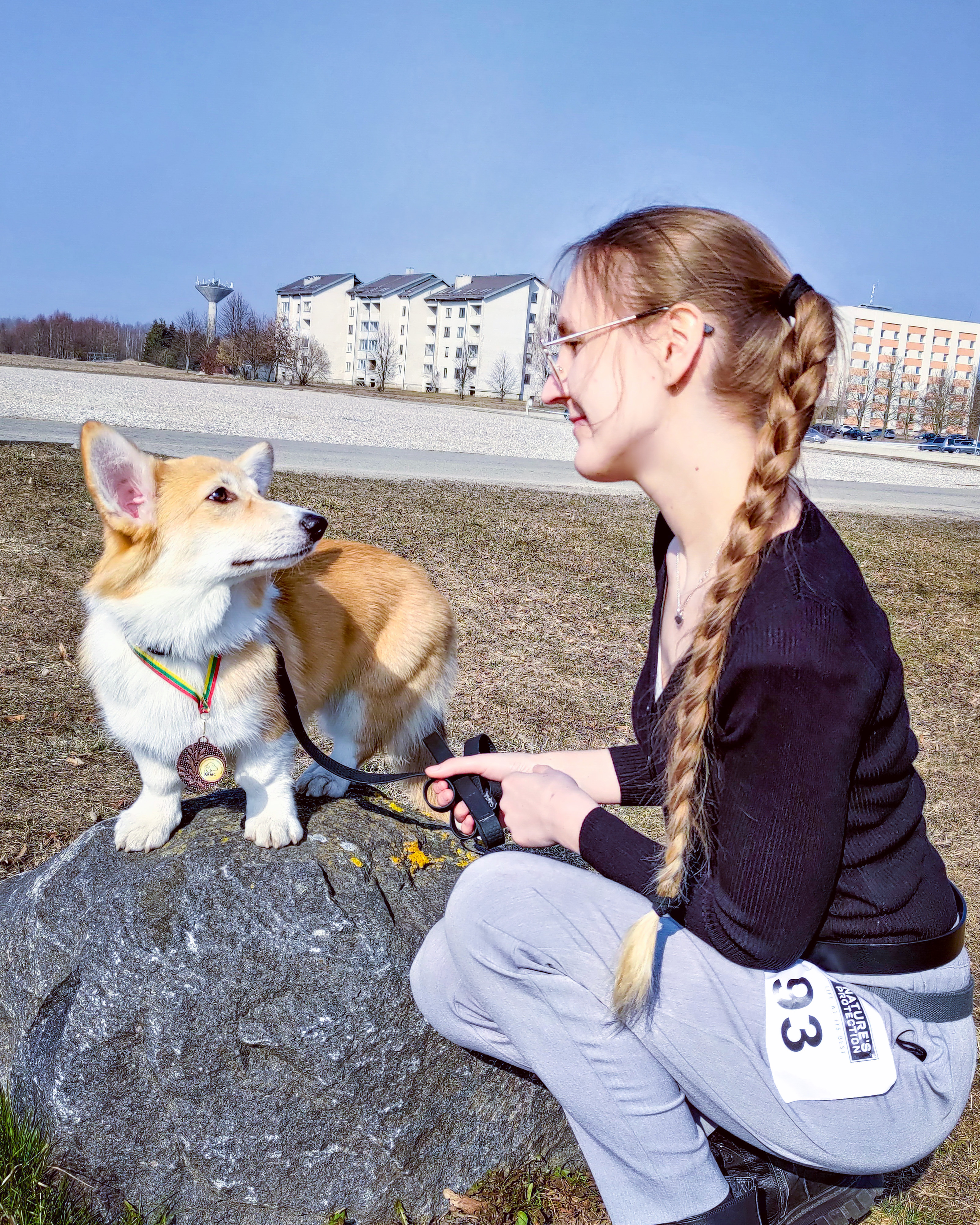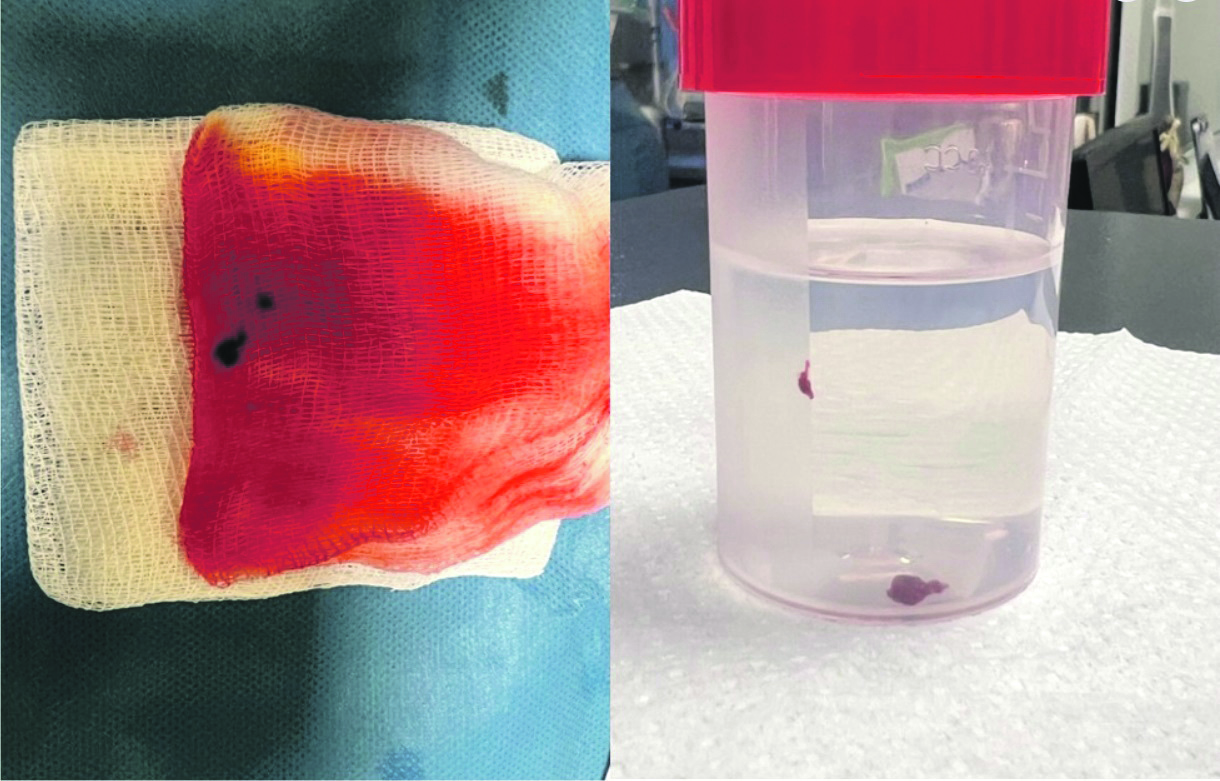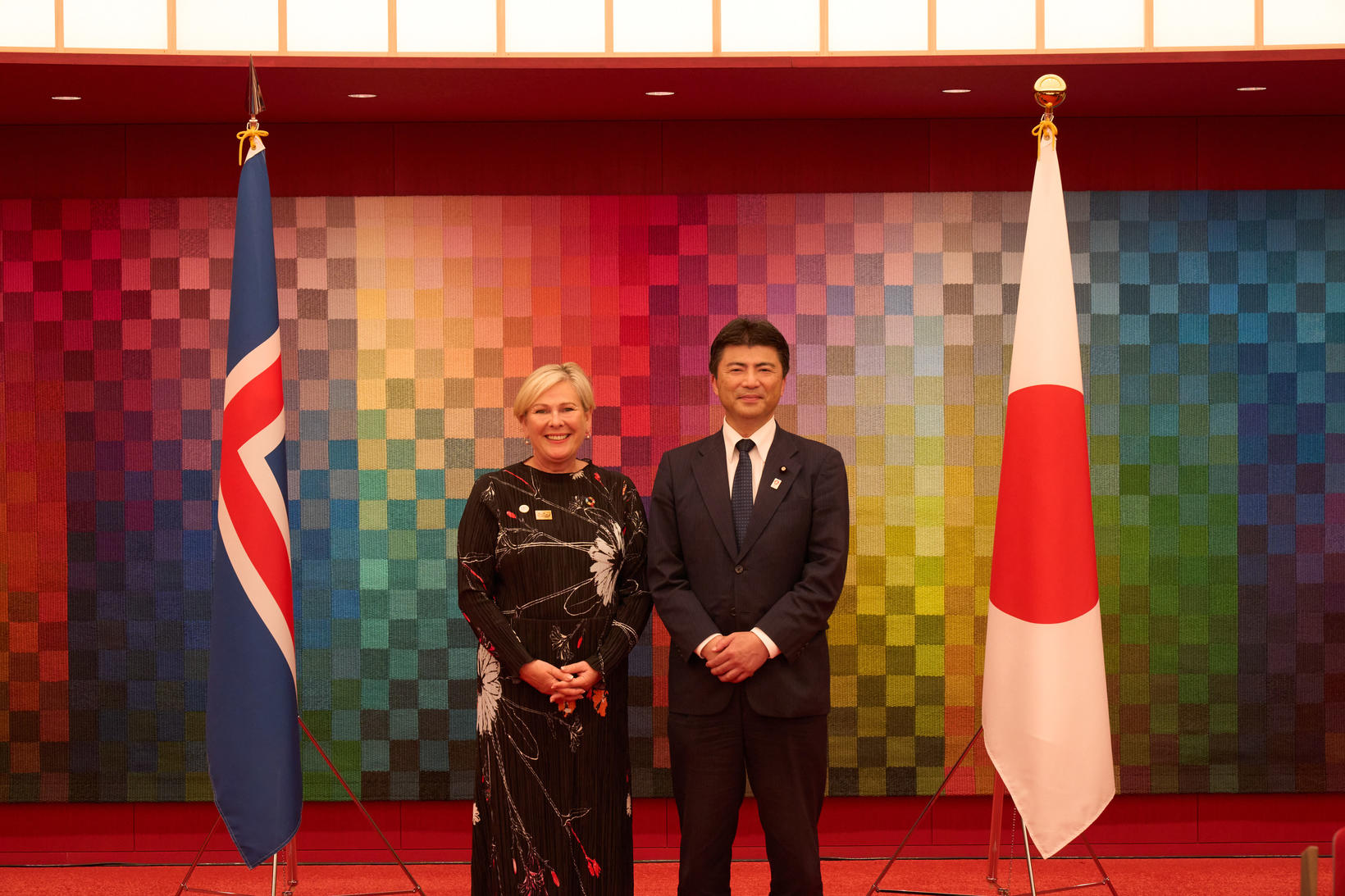Writer Marija Gaili is lacking in the field of fiction in the field of fiction in the broadest sense
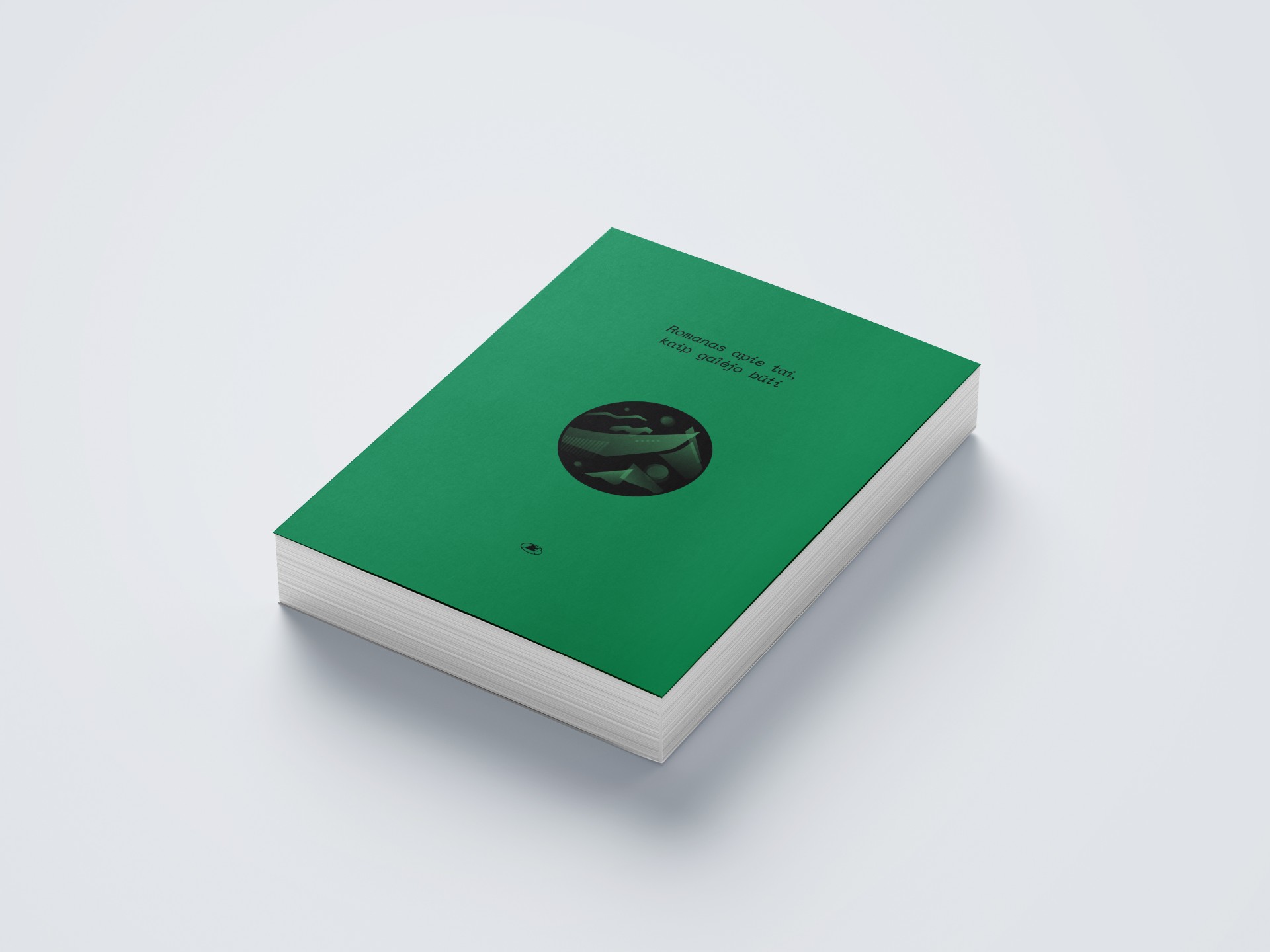
According to the author, when he created the storyline of alternative reality, he wanted to renew the meanings of the narratives of March 11 and January 13, and at the same time present a rare genre of Lithuanian literature, which, according to the writer, allows historical material to knead as he wants.
The storyline begins with the story of the tenth Augustė Gilytė. When she met her two -year -old guy, she becomes bolder: she sprayes graffiti at the Sports Hall, distributes illegal music and just entertains. After starting to study and pursuing her professional career, Augustė experiences injustice and has to choose whether to adapt to live in tyranny or to be herself. Constantly monitored and persecuted, forced to follow strict norms and rules, and is trying to regain self -esteem and freedom. And not just for themselves – for all other empires in a crushed state.
Photo by M. Gailienė
The novel « Augustė Gilytė » by writer and literary critic M. Gailius is the third book and the second novel. We talk about the author of the book about who funds the writer’s imagination and the preconditions for renewing the narrative of freedom.
– Your new novel is called the book of the Alternative History genre. What inspired you to take this, according to historians, a difficult genre? How do you understand the concept of alternative history, how is it different from dystopia or utopia?
– To create an alternative story, you need to know the story and have a volatile imagination. I only know only the story I lived during the period – that is the history of the restoration of Lithuania’s independence. About this period is abundant with sources and live testimonies, as freedom time lasts only 35 years, which is a living story. And yet, in my understanding, there is a lack of stories about Lithuania on March 11 and January 13. Next to the patriotic meanings and the cultural memory of the cultural nation, you want this.
My former coworker, now a civil servant at the Presidential Palace, told how, during the Battle of January, he, a dear guy who left the apartment’s balcony on his bike and running to the TV tower. Returning from defense, he found his thing no longer. Someone stole a bicycle from the young freedom defender on January 1991, on a fateful Lithuanian night of Lithuania. Of course, we lost more at the time. Fourteen souls were killed. We gained even more. Such a detail – a stolen bicycle during the tower battle – fuels imagination. It is a little man’s history in the background of great historical events, which creates a prerequisite for developing a renewed narrative of freedom. Didn’t this lively testimony of a colleague encouraged my character Augustus to think of the bike?
Photo by M. Gailienė
– Why do you think the gap in the creative genre of alternative history is still noticeable in Lithuania?
– There is no shortage of historical novels in Lithuania, but I miss fantastic. Alternative history is historical fiction. This centuries of historical novel flourished: Kristina Sabaliauskaitė, Herkus Kunčius, Rimantas Kmita depicted live narratives for different periods; Ieva Dumbrytė, Kotryna Zylė, Greta Gudelytė – all practically at the same time re -told the storyline of Lithuanian mythology at once.
Distopia and alternative history in the West are almost always a political narrative. In our field of fiction, I lack politics in the broadest sense. We do not have our Michel Houellebecqo or Margaret Atwood. These are stories that help to tame reality. Therefore, I wrote the novel of both genre myself.
It is true that recently and without the « Augustė Gilytė », the alternative history of the Gilles germinated: the fascinating variation of the alternative Lithuanian history in the storyline of Mantas Adomėnas’ intellectual spy novel « Monnet & Maze ». At the same time, Marius Ivaškevičius’ play « Madagascar », which has become a contemporary classic, is to tell the generations of the Lithuanian alternative history when telling the idea of Kazys Pakštas Pakštas Pakštas.
– Did you seek to follow the exact historical time, as implicit, the description of the details of the Soviet reality, where you spent some of the childhood, or did you allow yourself to take on?
– Memory is impossible to « accurately ». Yes, I remember the Soviet reality. Yes, I use memories in the story of the novel. However, both my real memories and the experiences of the narrator Augustus are fictional.
By the way, this issue prevents a methadological problem. I think when writing a historical novel, you can’t falsify events, distort documentated facts, and confuse the contexts of the period.
The alternative history allows historical material to knead as you wish. I was able to mix in one text what it was, what could have been, what is now and what could be. Therefore, there is no « Soviet reality » in the narrative – it is a qualitatively different reality.
– The character of the novel Augustė Gilytė is a teenager and later a young woman. How did it seem, did she manage to convey her voice, the manner of the speech, the colors of the character? Have you had live examples for this characters?
– Let others appreciate. I am still sure that Augustė Gilytė is alive in the text. And she says in her voice, not anything else. In this novel, the expression of language is probably more important to me than the subject or especially the storyline.
I reveal the exterior features of Augustus in just a couple of narrative places when she looks in the mirror (now I wonder what the author is honest: the character observes herself and describes the image in words, describing her features without being « nothing » « ). I « borrowed » some of the features of Augustus from my girlfriend (after warning it).
– The famous Gustav Flober phrase: « Madam Bovari is me. » Do you have a way, worldview similarities, biographical links with your hero?
– In all my stories, I follow the real events, I resist them, but as the story escapes, I run away from me. The characters are all the more. While writing, I had suspicion that Auguste was similar to its author, as if some alter ego. I read and see that this is a completely independent literary being. This time I propose to forget the author legally.
– The form of the book is quite unusual: there is neither the author nor the title on the cover of the book, the back and the first front can also surprise you. What encouraged me to publish this kind of book? Maybe this is a reference to the distribution of literature camouflage during the Soviet era?
– Literature is prohibited and secretly read in the novel itself. But it was not the start of the design. In the first sentence of the novel, the narrator states in which family she was born. The cover also refers to the birthmark of the birth, which is a typical imitation of a typical Soviet birth certificate (свидетельство о рождении). Therefore, the novel Metric is not found on the cover, but only when it is opened.
– In the book « End of the Word » you mention the slimming world and thousands of falling lives, but you still believe that Augustė Gilytė will not be defeated. Where do you get hope and strength to disappoint?
– I don’t want to. I just have no right. I cannot allow my sons to experience what I saw in my childhood or what Augustė Gilytė experienced.

